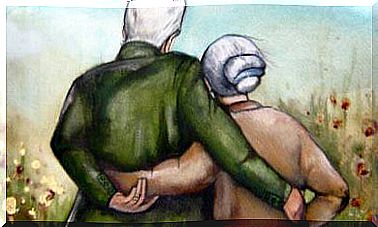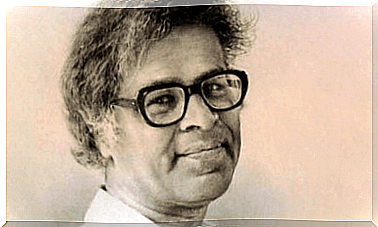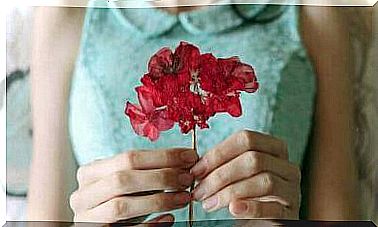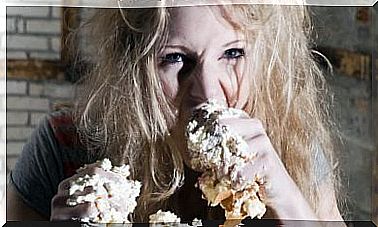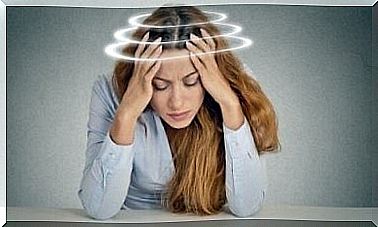Minimalism: Get Rid Of Useless Stuff To Make Room For You
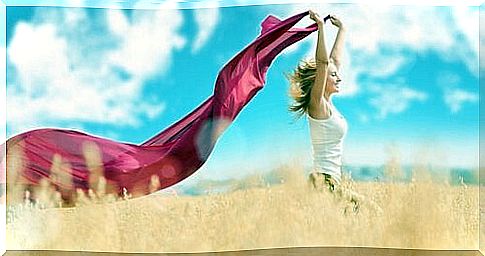
Look around and count all the items you see… Do you feel like there is quite a lot of stuff accumulated or even piled up? More than you really need?
Are you one of those people carrying an immensely sized bag that you haven’t seen in a long time with? Do you have clothes you haven’t worn in over a year? Kitchen utensils you’ve only used once?
We live in a world where it’s normal for us to collect more items than we really need, from office supplies to clothes and shoes and makeup or tools… And list it as it goes.
This property takes up physical space from our homes and makes our closets, drawers, coffins and shoe racks flood over… But the worst thing is that they also take up space in our minds and eat up our time as we have to classify, organize or clean them.
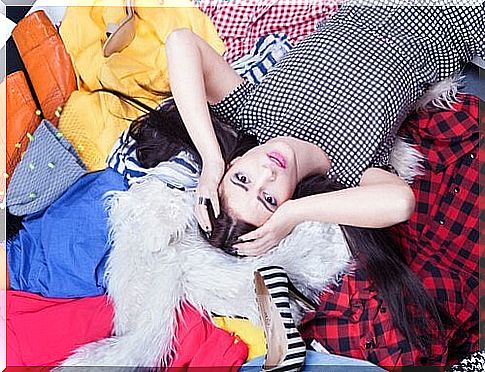
But there is also a philosophy of life that can help you see and manage that accumulation in a different way – this is called minimalism. Minimalism is not about having less, but about making room for what really matters.
What is minimalism?
Minimalism is a philosophy of life that courtships the idea of reducing the material matter we possess to a minimum.
The idea is not to live with the most unnecessary, which is determined for each person differently according to their own situation. So the intention is to own fewer things so that we can offset more physical and mental space.
If we think about why we keep things we don’t use, we’ll soon find many emotional reasons for it, such as the rather typical idea: “maybe I still need it one day.”
Clothes, gifts, cards, etc. that we cannot throw away or recycle because they remind us of times past in our lives, just as if those memories were preserved in these material objects.
Minimalism is an exercise that helps us detach ourselves from material things, realizing that memories live in our innermost being, not in objects.
How to put minimalism into practice
Ideally, you start little by little, dividing the items by area and deciding what you really need, what items you’re not quite sure you need them, and what you definitely want to get rid of.
- In the kitchen: What kitchen utensils I haven’t used in over a year? Do I really use all the spices I own?
- In the closet: Which clothes or shoes do I no longer care about or what I haven’t worn in over a year?
- At the office: Do I have notebooks, old diaries, sticky notes from years ago or trinkets that I practically never even glance at?
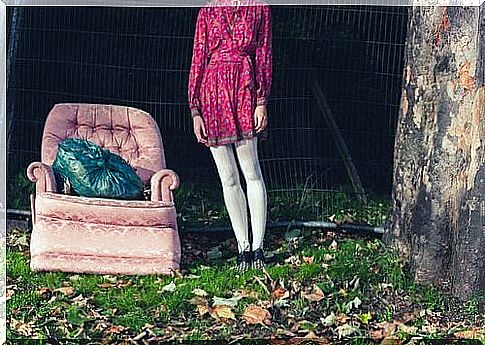
Alternatively, make your own minimalist project a challenge or competition with the following examples:
Project 333
Project 333 encourages us to choose 33 pieces of clothing (you don’t have to get rid of the rest, just put them aside) and spend a moment using only these clothes.
By doing so, we realize how small a stockpile of clothing we can actually wear, and also how much time we save when choosing what to wear when we don’t have so many options to weigh.
Minimalist race
Or join forces with someone else working towards a more minimalist life and make your process competitive.
On the first day of each month, you both have to get rid of one thing; the second of the two; as the third of three, and so on until you reach the end of the month. The one who can endure the longest with the rules wins.
Once you have figured out what items you can do without, you can donate or, for example, sell them at a flea market.
The benefits of minimalism
- It helps you keep your home tidy and “scrap-free.”
- We save time when we don’t have to rearrange the closet, clean the silver we never use, etc. We also save time when we have to decide what to wear.
- We learn to detach ourselves from material objects and recognize that genuine memories live within us.
- It makes us more open to the future by removing the attachment we have to objects from the past.
- It makes us freer: we have less burden when we have to move or travel.
- It makes us more aware of what and how we consume, and the resulting savings, both for us and the environment.
- And most of all, it helps us realize that what is really important is very rarely if ever material.
If you’ve ever felt somehow stunned by the items you’ve collected, you’ve had a hard time finding something, or you’ve felt like you’re wasting a lot of time organizing and cleaning your property, then we encourage you to try this philosophy in your own daily life. Minimalism is a direct path to peace of mind.

